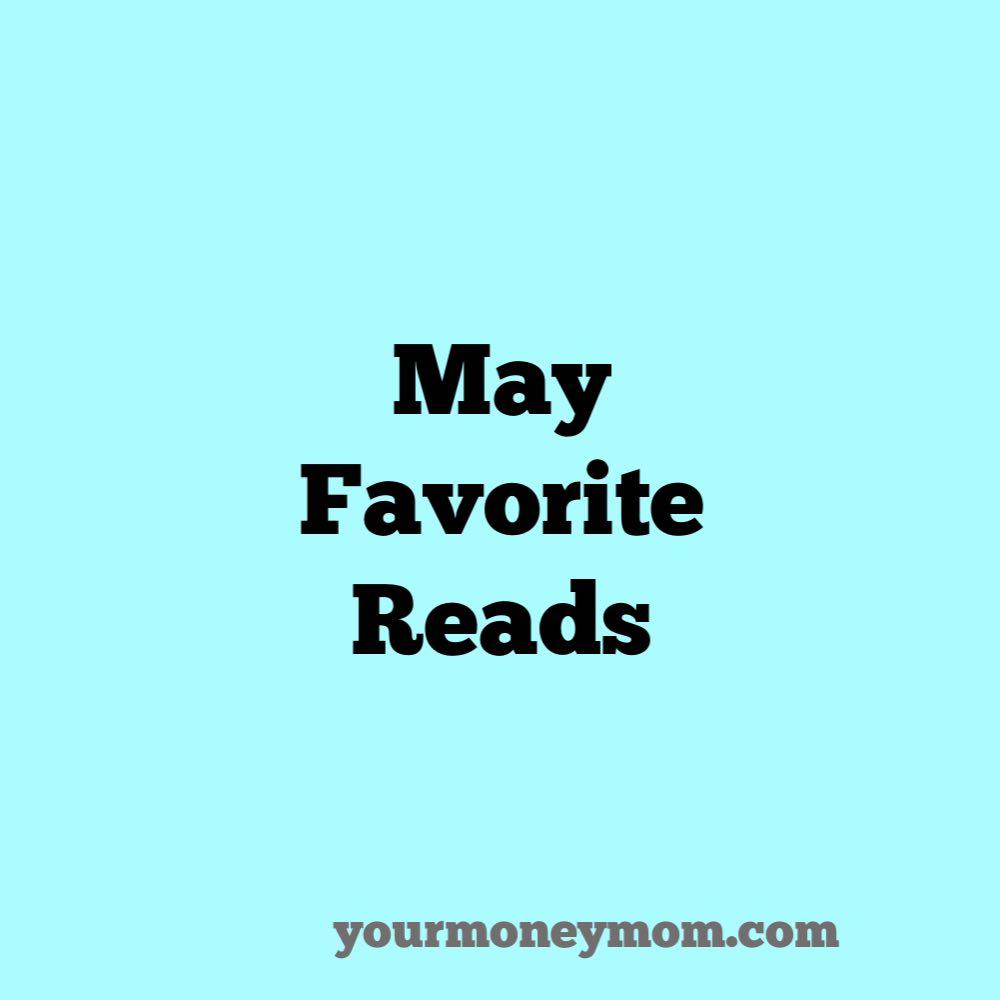If you haven’t read hundreds of books, you are functionally illiterate, and you will be incompetent, because your personal experiences alone aren’t broad enough to sustain you.
–Jim Mattis, Call Sign Chaos: Learning to Lead
This quote is the unofficial theme quote of this year’s monthly posts on favorite reads. For 2020 I have decided to write a round-up each month (end of month/beginning of new month) to share good books. If you’re interested, here is January; February; March; and April.

May 2020 Books
I read 9 books in May, about average. So far in June, there are many more books in progress. Four of those books were fiction books and five non-fiction.
Favorite Non-Fiction
I am not actually finished with this book, but I enjoyed it much more than any other non-fiction book I read in May.

Humankind: A Hopeful History is a provocative and compelling new book. I am so glad that I am reading it.
Humankind‘s author is Rutger Bregman, a young and prolific Dutch writer. I first learned about the book last month from this book expert published in The Guardian– Real-Life Lord of the Flies.
Parts of the book, like the Lord of the Flies section, are page-turners, but there is also a lot of social commentary mixed in. As I read, I find myself have one of three reactions: nodding in agreement with some conclusions; taking issue at others (like his oversimplification of the Christian view of the problem of evil, for instance); and feeling intrigued (as in “that’s a unique way to look at (a particular issue)”).
Bregman’s premise is that people are inherently good and seek the good.
This is captured well in Bregman’s account of the real-life “Lord of the Flies,” which was the polar opposite of William Golding’s classic novel. In the latter, fictional account, boys descended into anarchy, murder, and mayhem. In the real world, when six boys were actually shipwrecked on a remote island in the 1960s, they got along well, developed a structure, took care of those who were injured, and were fit and healthy when they were found after 15 months. Why is a fictionalized account so much bleaker than the reality? Humankind explores this.
We have had good discussions in our house about this, as I have shared parts of the book as I read. Of common interest is St. Thomas Aquinas’ view of people most “seeking the good,” but missing the mark or seeking what is not actually good.
Humankind is a compelling and more than thought-provoking read in these heartbreaking times.
Favorite Fiction
My favorite fiction this month is Gaudy Night by Dorothy Sayers–one of her Lord Peter Wimsey books.

I actually started to read the book–it is the June selection for the Well-Read Mom group. (Well Read Mom exists nationally, but I host one locally).
However, I found myself not able to read more than a few pages without falling asleep. It was definitely not the book but my inability to “get into” a mystery. I am not a great reader of mysteries.
Finally I thought, I should get the audiobook of it on Audible, as I have several credits waiting to be used. But it is not available on Audible. Darn.
Then I remembered Hoopla, a service provided by our local library (and libraries across the country.). The Hoopla website and app makes available e-books, audiobooks, and movies to borrow. I have found it the easiest and most user-friendly of the services offered by our library system, and I’ve borrowed a few books from there. And Gaudy Night was available.
Gaudy Night‘s narrator (Ian Carmichael) is very “upper-crust” sounding, but it was well-done and I enjoyed it. My favorite part of reading/listening was discovering the culprit about 13 hours into the 15 hours plus audiobook. I know that is probably not good for typical mystery readers, but I was proud of myself!
What have you been reading lately?

